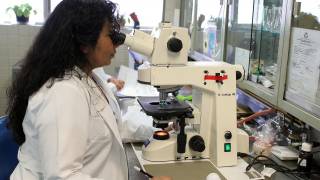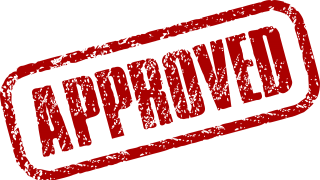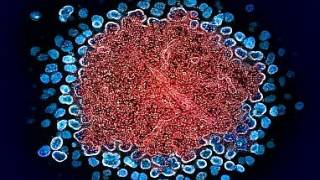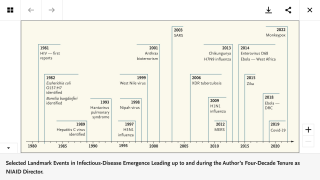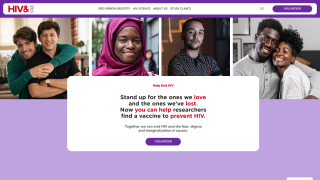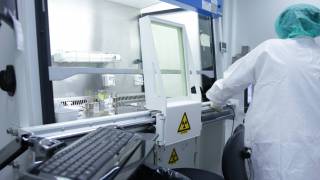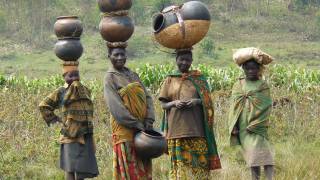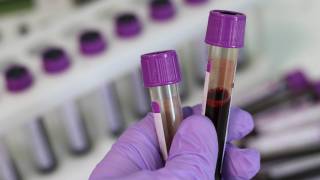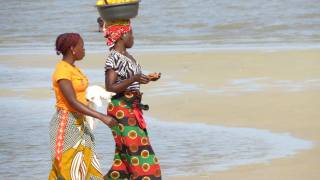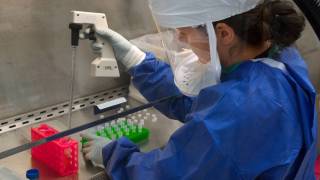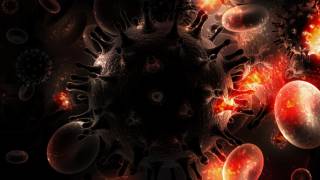HIV Vaccine Plans Human Clinical Trial in 2019
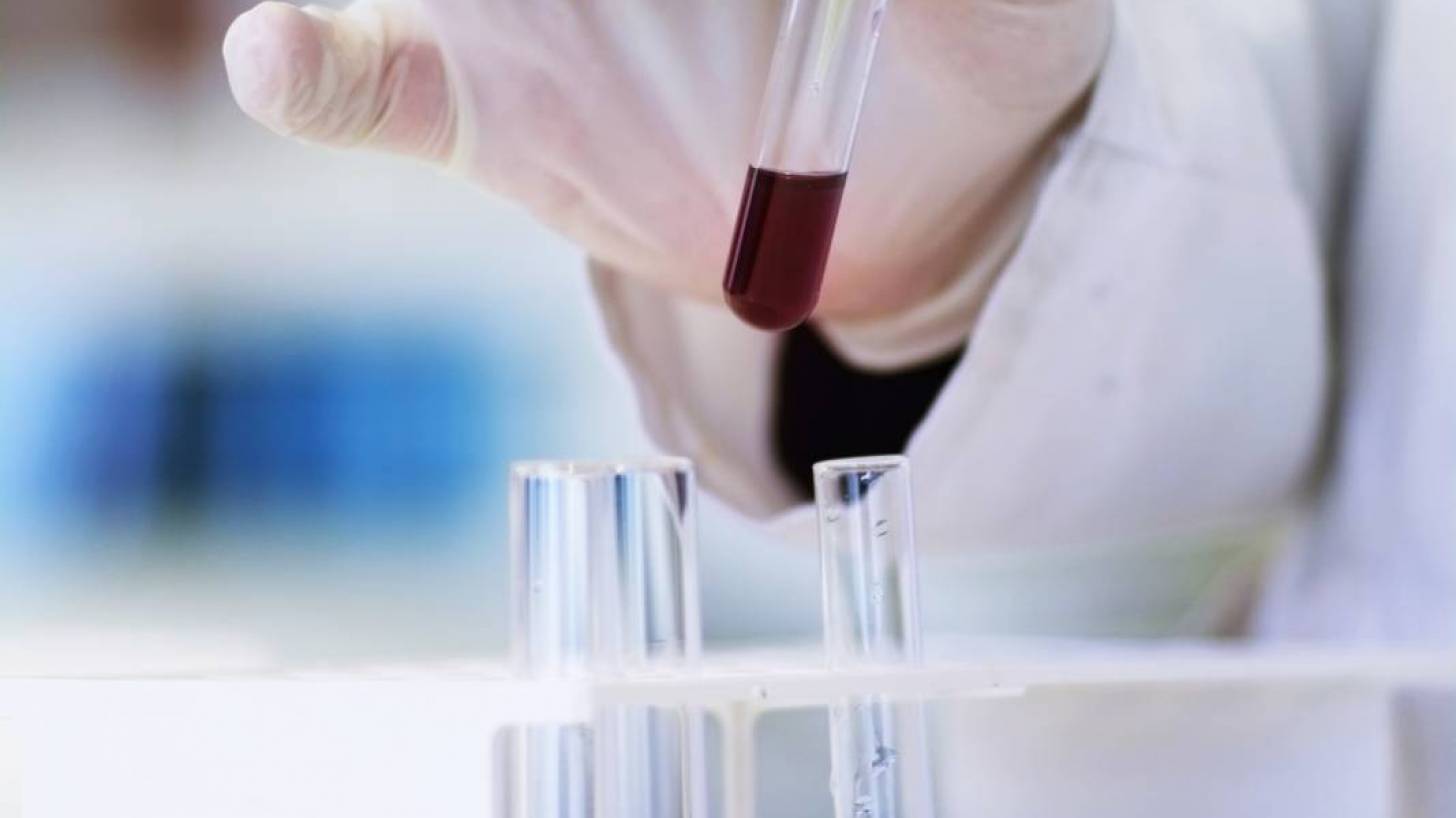
Johnson & Johnson (J&J) announced it is preparing to test an experimental Human Immunodeficiency Virus (HIV) vaccine in the USA and Europe in late 2019.
This is good news since no effective cure exists for HIV.
But with proper medical care, HIV can be controlled, says the Centers for Disease Control and Prevention (CDC).
J&J is endeavoring to make an HIV vaccine that will work in populations around the world that are infected with myriad strains of the rapidly changing virus, reported Bloomberg News on July 12, 2019.
J&J’s vaccine candidate has 4 components that target multiple strains of HIV. The vaccine was designed as an optimized set of “mosaic” proteins that would raise immune defenses against a wide variety of strains.
The vaccine uses a cold virus that’s altered to make the proteins that raise immunity. Study participants will get 6 shots in 4 sessions.
Some 3,800 men who have sex with men will receive a regimen of shots in a study that’s planned to be launched later this year, Anthony Fauci, director of the U.S. National Institute of Allergy and Infectious Diseases (NIAID), said in an interview with Bloomberg.
This vaccine approach “brings us one step closer to covering the vast diversity of viruses worldwide,” said Dan Barouch, a Harvard Medical School professor whose research laid the groundwork for the vaccine.
“For medical and global public health reasons, it’s better to have a vaccine that works in multiple parts of the world.”
The NIAID and the HIV Vaccine Trials Network of testing sites will collaborate with J&J’s Janssen unit on the effort. Collaborators on the study include the U.S. Army Medical Material Development Activity, which develops protective products for soldiers, and results are expected as soon as 2023.
Additionally, the World Health Organization has set a goal of cutting global HIV-related deaths to less than 500,000 by 2020, and to help end the AIDS epidemic by 2030.
In the USA, some groups of people are more likely to get HIV than others because of many factors, including their sex partners, their risky behaviors, and where they live, says the CDC.
Today, more tools than ever are available to prevent HIV.
You can use strategies such as abstinence (not having sex), limiting your number of sexual partners, never sharing needles, and using condoms the right way every time you have sex.
You may also be able to take advantage of newer HIV prevention medicines such as pre-exposure prophylaxis (PrEP) and post-exposure prophylaxis (PEP).
If you have HIV, there are many actions you can take to prevent transmitting it to others. The most important is taking HIV medicine (called antiretroviral therapy, or ART) as prescribed.
If you take HIV medicine as prescribed and get and keep an undetectable viral load (or stay virally suppressed), you can stay healthy and have effectively no risk of transmitting HIV to an HIV-negative sex partner, said the CDC.
HIV vaccine news
- HIV Preventive Vaccine Launches Large Phase 2b Efficacy Study
- Therapeutic Vaccines Improve the Body’s Immune Response to HIV
- Slow-Dosing HIV Vaccination Strategy Worked Best
On May 31st, 2019, J&J’s Janssen Vaccines announced the full enrollment for a Phase 2b efficacy study evaluating a preventive vaccine candidate against HIV-1 infections. The Imbokodo study is evaluating an Ad26.Mos4.HIV regimen in 2,600 women in Malawi, Mozambique, the Republic of South Africa, Zambia and Zimbabwe.
Dr. Fauci said he will give more details of this HIV study at a meeting of the International AIDS Society later in July, and J&J is also planning to release additional data on the preventative.
J&J acquired this HIV vaccine candidate when it made a 2010 agreement to buy Dutch drugmaker Crucell.
Our Trust Standards: Medical Advisory Committee



